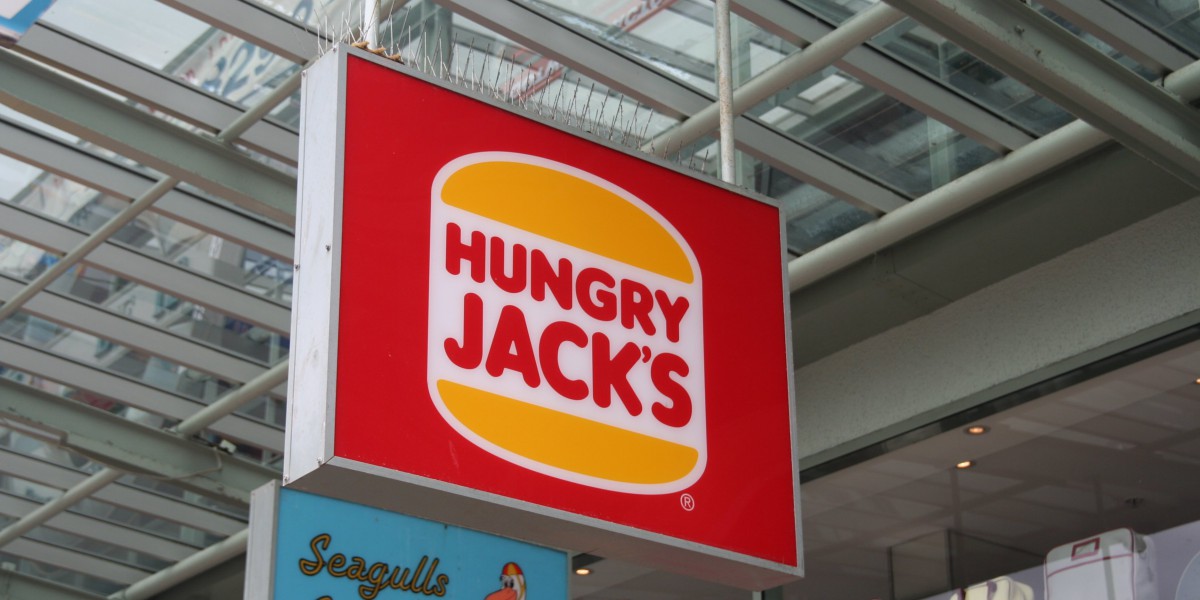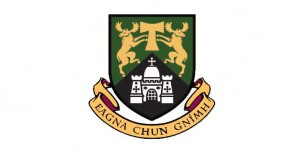
Trademarks and Naming your Business
One of the main issues that I see coming up time and time again in my Practice concerns the naming of a business, either in a start up business or in an already established business.
In a start-up business, the owners normally choose a name and then take the domain name first and then build their logos around it and spend money on business cards and all sorts of branding etc only to be told later on that they are infringing the rights of a third party – there is a lot more to look out for than just whether the domain name is available – in established companies there are of course the same problems, but there is also the additional problem of a third party already having taken the domain name of the business, particularly if that third party has no right or need for that name in the first place and is simply “squatting”, possibly hoping to ransom it off at a later stage.
What then is the law behind naming a business and how can that law then be applied to both take a name and then protect it from third parties?
The Law of Passing Off
The meaning of the above law is in its name in that one party is attempting (knowingly or unknowingly to pass their goods off as being those of another – in short, there must be:
- A misrepresentation (i.e. using a similar name, logo or get-up to achieve the same purpose;
- Made by a trader in the course of business;
- To perspective customer;
- Which is calculated to harm the business or goodwill of another trader – or that it is reasonably foreseeable; and
- Which causes actual damage to the business or goodwill of the trader (or would probably do so).
So, how would the above test work in practice?
Let us say you have been selling a product (say, duck food) in a blue box with a logo of say, a duck on it and called it “Duck-foods are us”, then another person does come along and sets up shop and puts a logo of say a goose on his inferior product, also with a blue box and he calls his product “duck-foods – r – us” and he sells it for half the price of your product – your customers could easily confuse his and your products and because his products will (normally) be of an inferior quality you may lose those customer, and, possibly, your entire business over time as once loyal customers leave you.
Luckily however, by using the above law you can stop that unscrupulous trader from using that name, and logo etc and you can protect your business and your livelihood.
The Law of Trademarks
The Trademarks Act 1996 defines a trademark as being “any sign capable of being represented graphically and which is capable of distinguishing the goods or services of one undertaking from those of another”.
As you can see, the law here again is all about protecting your “signage” and the “goodwill” you have built up over the years by way of your entrepreneurship and hard work and if that third party is using a name that is the same or similar to yours, in respect of same or similar goods, then you can stop them and possibly also claim damages etc for loss of revenue etc.
Domain Names:
Legally speaking, domain names are not actually an intellectual property right, they are simply a contractual right that entitles you to use the domain name for a period of time – what you do with the domain name and who you run into problems by using that name is however entirely your own problem as they just lease you the right to use the name!
Good Practice and Avoiding Problems
In terms of avoidance, well, if you are start-up company we can carry out appropriate searches in order to find out early if the name you want already exists and/or is in use by a third party and if it is, discuss avoiding using that name, or, come up some tactics to use if the name is very important to you – if the name is clear for use, then we would advise ensuring that you save all evidence of first use and, as appropriate, seriously consider having it trademarked either in Ireland or, if planning on going on further afield, via a Community Trademark which would of course also include the Republic of Ireland.



